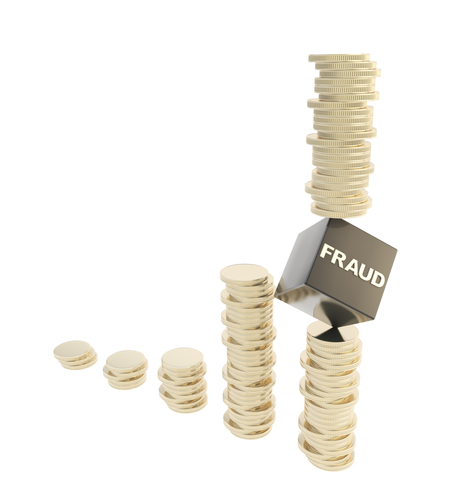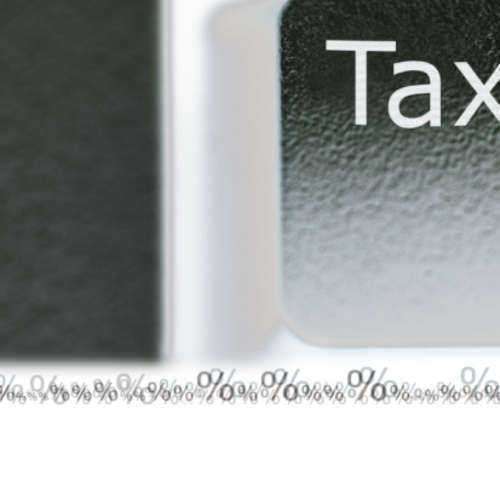Understanding Security Management

What is Security Management?
Security Management is the administrative process of the management and cultivation of securities, which are financial instruments that undergo trade and exchange within the realm of the public, commercial market – Security Management activities latent within this market rely heavily on the authentication, authorization, purchase, and general transactional activity undertaken by publically-traded securities.
Security Management differs from traditional money management, due to the fact that securities cannot be used as currency within a commercial setting; this means that while securities can be traded and exchanged within the setting of a financial market, individuals in possession of securities are not permitted to use securities as legal tender.
The Role of Security Management
Within individual securities exists an individual monetary value, which is valued both as per its immediate value, as well as its eventual value; eventual value with regard to securities exists as a result of the capacity for the increase or decrease with regard to its valuation.
Individuals or services specializing in the field of Security Management will be well-versed in the methodology of interest with regard to measures, ideologies, and strategies latent within the Security Management industry: While securities do retain an immediate valuation, they also retain an eventual – or prospective – valuation; the differences between these type types of valuation is vast
Immediate valuation represents that inherent value of the security in the event of its redemption; the eventual value is facet that typically taken into further consideration with regard to Security Management strategies – as a result of accrued interest or a decrease in valuation, securities are subject to increase, decrease, or stability with regard to future value
Security Management and Security Transfers
An activity that is commonplace with in Security Management strategy is the notion of transfer undertaken by an individual security; as a result, the receipt of a security certificate allows for the conveyance of legality within an individual transfer.
A Security Certificate is required by the SEC in order for the completion of the process; the Security and Exchange Commission (SEC) is the governmental body responsible for the oversight of all transfer and activity with regard to securities – this requirement is also imperative with regard to approval of the SEC with regard to the transfer of individual securities.
Security Management Legality
Security Management can be a vital resource with regard to investments, trades, and exchanges of both stocks, as well as securities; however, within the realm of the open stock market, there also exists a wide variety of legality and strict stipulations to which must be adhered. Prior to signing any legal documentation or paperwork with regard to the undertaking or contracting of the services of Security Management, individuals are encouraged to consult with an attorney who specializes in business, finance, employment, and contracts.
As a result of the legal acumen provided by a skilled attorney, a contract for the hiring of a business management consultant will retain the optimal benefit for both parties involved in the agreement.



 What are Exchange Rates?
What are Exchange Rates?























